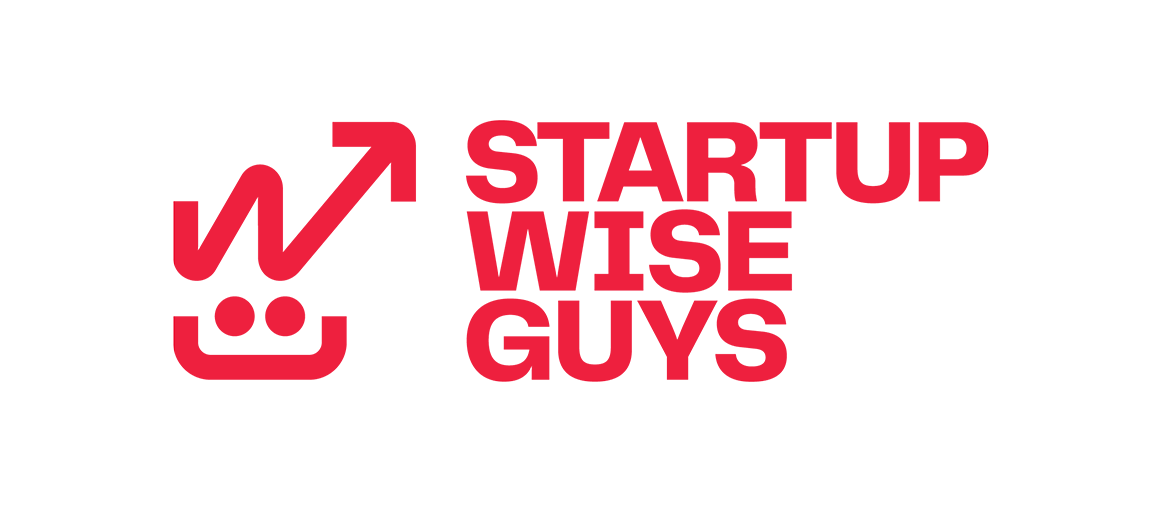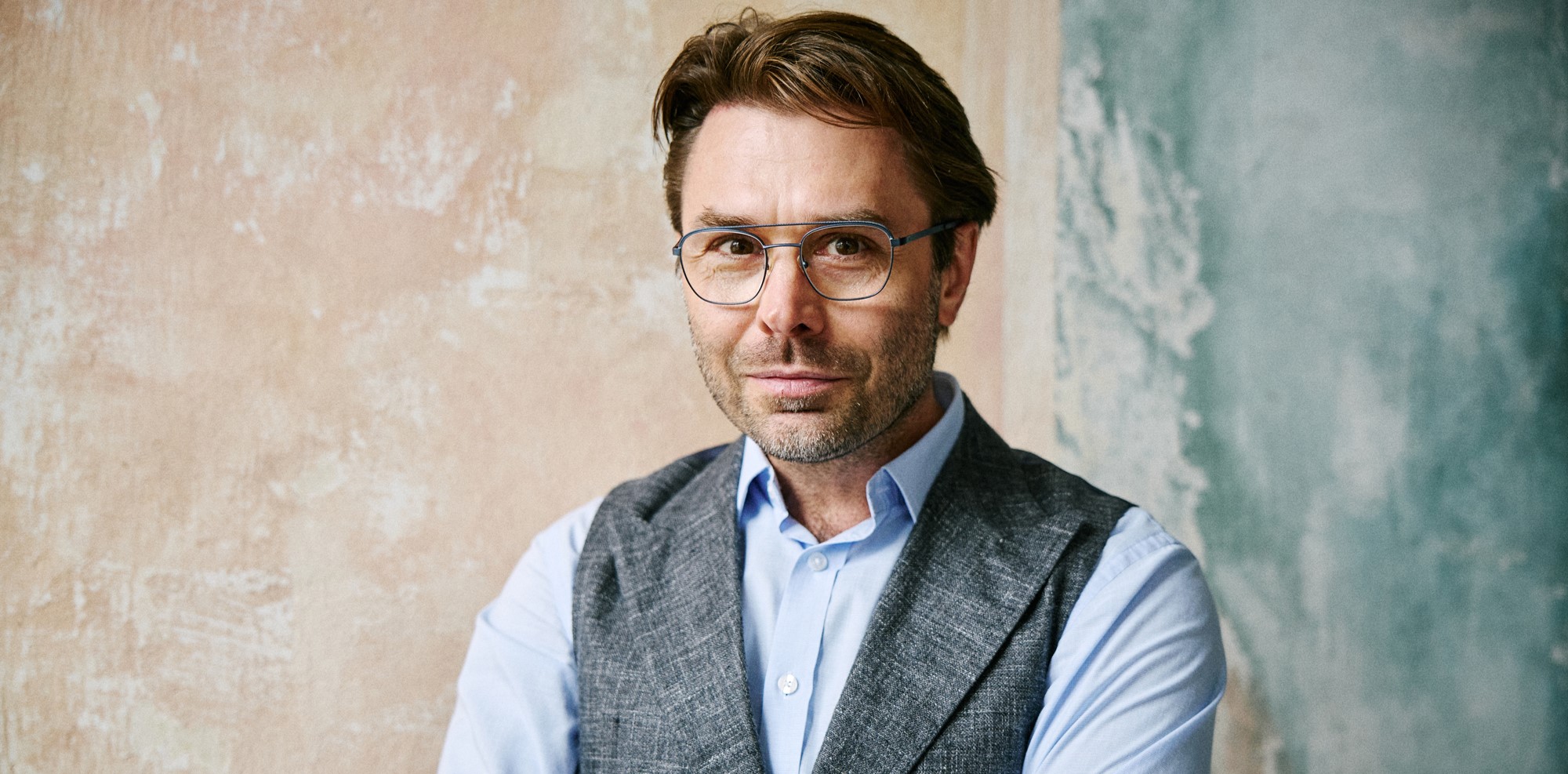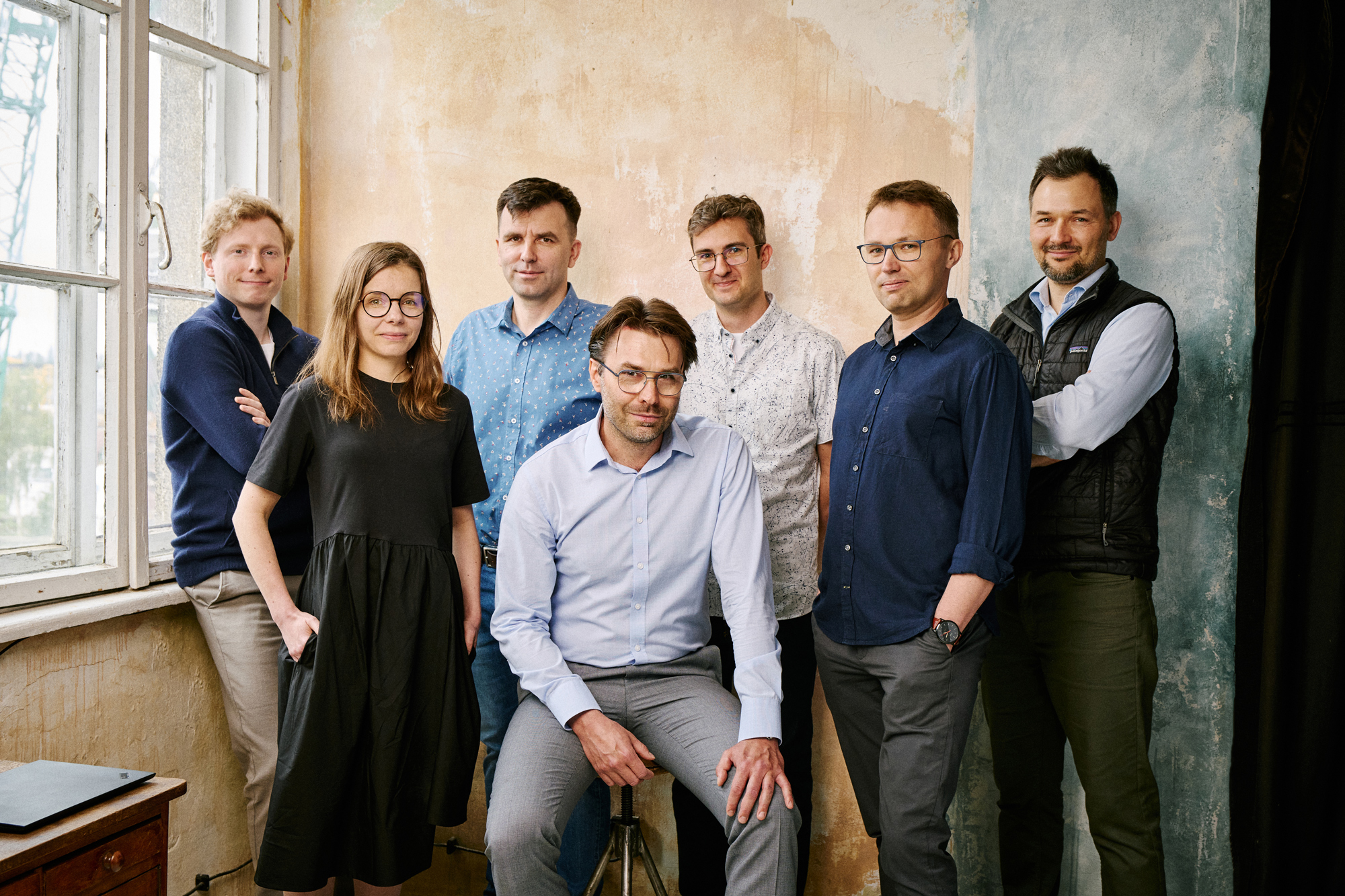Introducing TrustedTwin and Krzysztof
Q: Can you briefly introduce TrustedTwin and explain what your startup is about?
A: Let’s start from TrustedTwin as such. We bet on data collaboration, believing that it unlocks more value in the future. Our first bet made a few years ago, was that this collaboration would involve more real-time processes. Unlike typical data cleanrooms for historical data, we focus on real-time collaborative processes involving multiple parties. This approach led us to position ourselves as a real-time data cleanroom—a platform where real-time operational processes are built using data from various sources while ensuring security and compliance, such as GDPR.
Q: What were the key assumptions and bets made when establishing TrustedTwin?
A: Two main assumptions and bets guided us in establishing TrustedTwin. First, the belief that data collaboration is crucial for unlocking value in second and third party data in the future. Second, the expectation that the shift from a traditional system-centric approach to a data-centric approach would occur. This shift involves moving away from installing new systems for digitalization towards leveraging the importance of data within the company. The data-centric approach allows for flexibility, enabling companies to attach different logic to their data and easily adapt to provider changes, all while building on top of their valuable data.
Why Startup Wise Guys?
Q: Why did TrustedTwin choose to be a part of the StartUp Wise Guys accelerator program?
A: The Trusted Twin headquarters are located in Poland, which historically, as a vast part of Central and Eastern Europe, was underdeveloped from the perspective of the presence of a mature VC ecosystem. At the same time our focus was from the beginning on offering our service globally. To do so, we needed a network of European investors and an international focus.
As we explored the path to achieve this, we identified StartUp Wise Guys as one of the strongest acceleration programs providing access to international experts, mentors, and funds. We applied, were accepted, and spent a couple months in the program, mostly online due to the circumstances of the Covid era. The program exposed us to daily sessions with industrial experts and professionals from different companies. Ultimately, StartUp Wise Guys invested in TrustedTwin, serving as a seal of quality and excellence. This endorsement not only allowed us to engage with international funds but also positioned us favorably, leading to the successful raising of our pre-seed round, exceeding 1 million euros.
Q: What was the application process like for those interested in joining StartUp Wise Guys, and was it competitive?
A: While I don’t recall the exact details from three years ago, I do remember having to complete a comprehensive application form. It might have included elements like a video component, but what stands out is that it wasn’t an easy application. The focus was less on existing technology and more on aspects like sales strategy, defining value, identifying customers, and understanding the market. StartUp Wise Guys places importance on a deep understanding of these crucial business elements. The application process assessed how well applicants comprehended these issues and articulated their value propositions.
Q: Can you share more about the structure of the program and its acceptance rate?
A: The program is organized in batches, each aligned with a specific topic, such as cybersecurity or sustainability. We were part of the security batch, and typically, each batch includes 20 to 40 companies. The acceptance rate varies, ranging from 10% to 20%, depending on factors like the batch and other considerations. It’s not a guarantee that everyone who applies will get accepted. To secure a spot, your idea needs to show a certain level of maturity, and you must convince the organizers that you have the potential to raise financing at the end of the program.
A Day in the Accelerator’s Intensity
Q: Can you describe a typical day in the StartUp Wise Guys accelerator program?
A: The accelerator days are intense. Each day involves something you have to listen to or provide. The day kicks off with a pitch, a critical aspect of the program. Despite the pressure of pitching daily to different people, it becomes a crucial part of the program. Structuring and delivering the pitch in a way that emphasizes what’s important is key. Looking back, our initial and final pitches were worlds apart, showcasing the program’s impact.
Q: How does the program balance critiques and development?
A: The daily pitch sessions involve critiques and feedback. While it can be challenging, it plays a significant role in refining and developing your idea. The program ensures that you evolve as you go, and this iterative process is valuable in shaping your concept.
Q: What other sessions or support does the program offer?
A: The program distinguishes itself by bringing in experts from around the world, including individuals from major companies like Stripe. These experts share insights into their company’s development, offering valuable perspectives. Another group of experts assists with navigating the VC ecosystem, providing guidance on answering questions, promoting ideas, and even acting skills for presentations. Sessions cover a range of exercises, from defining product-market fit to ideal customer profiles and personas, all essential for addressing VC inquiries during fundraising.
Q: How does the program structure its funding?
A: Upon acceptance, participants receive an initial investment of around €50,000 from StartUp Wise Guys. This funding is allocated, with half-covering program costs and the remaining €25,000 available for crucial initial activities. This funding is a prelude to the seed round, and participants typically relinquish three to six percent of their company as part of the agreement.
Reflecting on Key Achievements and Overcoming Complexities in the Program
Q: Can you recall any significant milestone you achieved during the StartUp Wise Guys program?
A: The most crucial milestone achieved in the program was the preparation for raising the first pre-seed round. These milestones encompassed elements necessary to attract an investor, including the pitch deck, value proposition, product-market fit, go-to-market strategy, ideal customer profile, and market sizing. Each of these became small but essential milestones built during the program, gearing us to engage with potential investors. The pitch deck, in particular, emerged as the most vital, consolidating various aspects into a concise presentation lasting no longer than 90 seconds. Distilling complex operations like data collaboration into a few sentences was a challenge, especially when trying to capture the attention of individuals who might not be experts in the field.
Q: How did you navigate conveying the complexity of data collaboration concisely?
A: It was indeed challenging to distil the complexity of data collaboration into a few sentences, especially when the concept of data cleanrooms was relatively new. Starting with the task of defining terms and then elaborating on our unique approach added an extra layer of difficulty. Despite these challenges, we successfully raised our first round and are currently in the process of raising our seed round. The journey continues, and we’re optimistic about the future development of the company.
Q: Was pitching a significant challenge, and how did you overcome it? Was it primarily through experience?
A: Pitching posed a unique challenge for us. Despite being atypical founders with each member between the ages of 40 and 50, bringing a wealth of experience, the challenge lay in defining our value and product-market fit concisely. Our collective experience included establishing startups, selling them to private equity funds, and, in my case, introducing a startup to the Warsaw Stock Exchange. The real challenge was articulating a complex technical concept in a few sentences that non-technical individuals could understand.
Q: Can you elaborate on the challenges in talking about your product and how you navigated them?
A: Talking about our product proved challenging, especially when considering our initial approach of framing it as a digital twin. While the digital twin concept involves a virtual representation of a real-world object or entity, it didn’t resonate well. We found it more effective to describe our product in terms of a real-time data cleanroom, emphasizing collaborative processes involving real-time objects. This shift allowed us to move away from the complexities associated with digital twins of large objects, like jet engines or satellites, and focus on working with customer profiles and shorter, more tangible objects. This adjustment clarified our messaging and moved us toward a broader concept of data collaboration, but the initial idea based on “twin” is still reflected in the company’s name.
Advice for Future Startup Wise Guys Applicants
Q: What advice would you give to someone applying to StartUp Wise Guys?
A: Be ready for change and embrace the possibility that everything you think about your product could be questioned, leading you to a completely different perspective. While the core technology might remain the same, how you communicate its value may shift significantly. Avoid the syndrome of viewing your startup as your child and be open to criticism. Instead of defending your position vehemently, actively listen and be prepared to adapt your messaging, product definition, and client perspective based on market feedback. Don’t fear moving outside your comfort zone; accept that constructive criticism is for the benefit of your product and the growth of your company. It’s crucial to recognize that actively listening and adapting to market insights, especially those provided by the experts at Startup Wise Guys, is a key factor in successfully establishing and growing your company.


